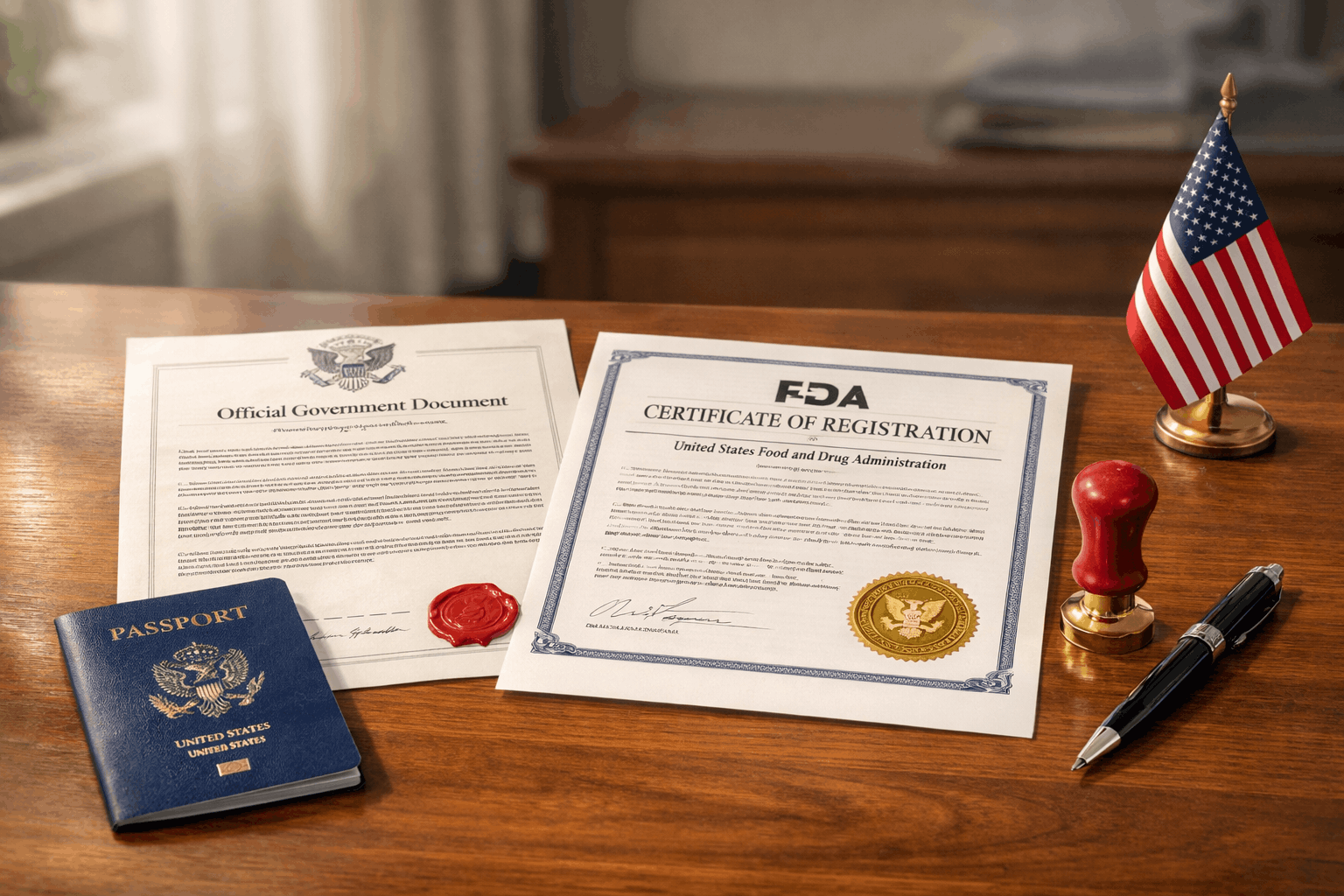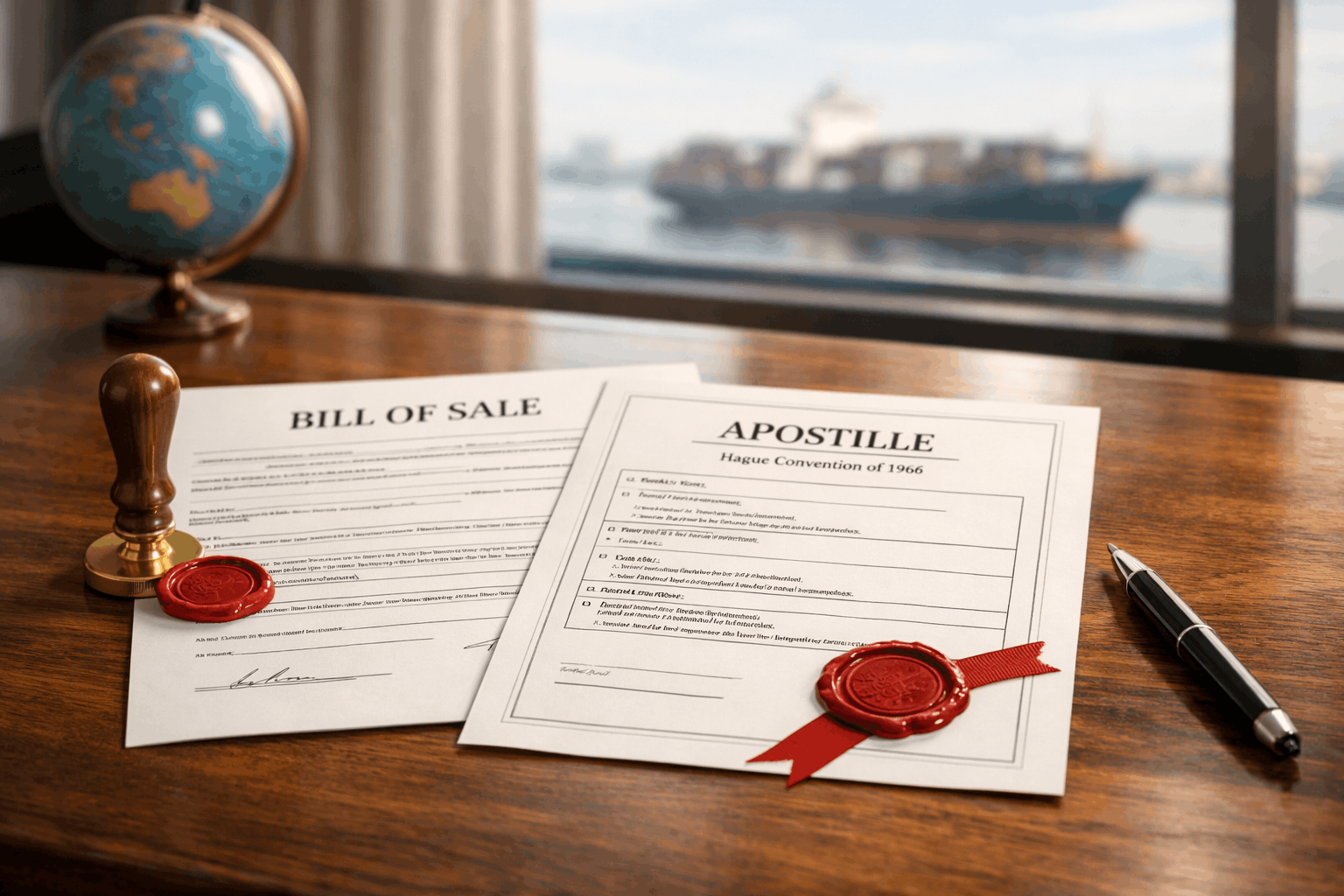
Can A Copy of The Original Document Be Apostilled?
Legal documents often require authentication before they may be recognized cross-border. But what if you don’t want to use your original paperwork to request an apostille? Is it possible to apostille a certified copy instead? The rules aren’t always black and white: sometimes it works while it might be rejected upfront, other times. This post will clear up confusion so you can save yourself from headaches and move forward confidently.
Originals vs. Copies – What’s the Difference for Apostille Purposes
To determine whether you need to apostille the original document, let’s first differentiate between originals and certified copies. Understanding these distinctions matters, as it’s the first step to ensure your paperwork meets authentication standards. Here’s how you identify an original vs. a certified copy acceptable for apostille purposes.
Defining an “Original Document” in Legal Terms
More than being the first version, an original document is the official version issued by a recognized authority. Examples include a birth certificate from a state vital records office or a bachelor’s degree from an accredited university. These documents carry full legal weight, bearing the signatures and seals from issuing authorities without alterations. Additionally, photocopies or scans shouldn’t be confused with the original in legal contexts, even if they present content accurately.
What Counts as a “Certified Copy”
A certified copy serves as a duplicate of the original document, which has been officially verified by an authorized agency. Entities such as notaries, county clerks, or government offices must sign, stamp, and include a statement confirming the authenticity of the duplicate. Think of DMV-certified copies of driver’s licenses and county-certified marriage records. For apostille processing, only certified copies issued or notarized appropriately following state-specific guidelines are eligible.
Can You Apostille a Copy of a Document?
The good news is yes, but with certain conditions. The Hague Convention dictates that either original or certified copies are acceptable, depending on the issuing country’s requirements, so you may receive a certified copy apostille. This section will reveal the general requirements and types of documents that commonly qualify for the apostille as certified copies.
General Rule Under the Hague Apostille Convention
The Hague Convention accepts both originals and certified copies, but leaves the approval to each member country’s laws. In the U.S., most states can authenticate certified copies if properly notarized and/or certified by competent state offices. The key is that the document must be public, meaning it was issued or certified by an authorized official at the state or federal level.
Documents Commonly Apostilled as Certified Copies
You want to use a certified copy for an apostille seal because the original is unavailable? Consider if your document falls into the following categories that are frequently apostilled as certified copies:
- Passports & ID cards notarized by a commissioned notary public.
- Academic diplomas certified by the issuing college or university.
- Corporate documents certified or notarized by a state agency.
These types of documents usually don’t require you to send the originals for apostille requests. However, always check with your state-specific rules!
Legal and Practical Requirements for Apostilling Copies
Before obtaining an apostille for a certified copy, it’s essential to meet certain legal and practical requirements of your jurisdiction. Two factors play an important part in your success, and this section discusses everything you should know about what’s required and how different jurisdictions affect the apostille process.
The Role of Notarization or Certification
A document must be officially verified to be eligible for the apostille. This typically involves having a copy of the paperwork notarized or certified by an authorized agency. For instance, a public notary can confirm the signatures, seals, and the capacity of the official who issued your state ID. Without this step, your apostille request might be rejected due to insufficient document quality.
Jurisdictional Variations
Another thing to note is that requirements might vary among U.S. states. For example:
- California: Notarized copies of vital records are accepted, but not photocopies unless issued by the state.
- New York: Notarization must be certified by the county clerk before apostille processing.
- Texas: Notarized copies can be apostilled if the notary’s commission is state-valid.
Therefore, review your local rules carefully before proceeding.
When It’s Not Possible to Apostille a Copy
Although some documents allow you to submit certified copies, as we have mentioned previously, others always demand originals. Even those that are true copies might face rejection due to stringent legal standards. Let’s uncover situations where only originals are eligible and the top reasons copies get denied, so you can steer away from delays.
Documents That Require the Original Only
Those that must be presented in their original forms include vital records or federal documents. Examples include:
- Birth, death, marriage, and divorce certificates issued by the state vital records office.
- FBI background checks, IRS filings, and Social Security verifications issued by relevant federal agencies.
Submitting non-original versions of these sensitive records, even if properly notarized, might result in resubmission.
Common Reasons a Copy is Rejected
Apostille certification is a precise process that adheres to strict guidelines. That’s why it’s essential to avoid mistakes — otherwise, your copy could end up being utterly useless due to rejection by the authorities. The most frequent reasons for denial are:
- Missing certification: Lack of notary’s signature, seal, or statement.
- Incompetent agency: Certified by the wrong agency or office.
- Signs of alteration: Corrections or unclear details are present.
- Violate specific rules: Fail to meet certain local requirements.
When in doubt, it’s best to consult with your Secretary of State’s office, the destination country authorities, and expert services to ensure a smooth process.
Process to Apostille a Certified Copy
You should take a phased approach. To request an apostille, simply follow these key steps:
- Prepare a copy of your document
- Notarize and certify a copy of your document according to the requirements
- Submit your request and payment to the correct office (state or federal level)
- Receive the apostille via the selected method
Remember to cross-check your apostille package before submission to make sure you don’t miss anything. A minor mistake might put a halt to the entire process!
Cost, Processing Time, and Validity of Apostilled Copies
The cost for obtaining a state-level apostille varies widely between states, ranging from $10 to $20 per document. The Department of State charges $25 per federal document for apostille processing. Processing times also fluctuate depending on the office workload, which might reach up to 5 weeks. It typically takes longer by mail, and walk-in options are limited to certain cities. Once issued, the apostille doesn’t have an expiry date, but some countries might demand a fresh one.
Tips for Avoiding Delays or Rejection
Don’t let setbacks slow down your international journey! Double-check that your details, dates, and signatures are clear and consistent beforehand. Always ensure your document is notarized and certified as required. More importantly, choose a notary public who is state-commissioned and in good standing. Upon submitting an apostille request, use the correct application form and include the exact payment. Last but not least, consider using professional apostille services, especially when you’re running out of time or involved in a complex legal case.
Ensuring Apostille Through Compliance With the Rules
Knowing the rules by heart is crucial to successfully securing an apostille for a certified copy of your document, whether you attempt to apostille a passport copy or other certified duplicates. With the right approach and our pro tips, we hope you feel confident when navigating your state requirements and preparing the paperwork accordingly. Remember that when everything is uncertain, the original version is your safest choice for hassle-free apostille authentication.
FAQ
Can I apostille a photocopy without certification?
No. Photocopies will be denied immediately. Only properly notarized or certified copies issued by authorized officials are accepted.
Who can certify a copy for apostille purposes?
Commissioned notaries, state offices, or issuing agencies can certify a copy of your document, depending on the type and state.
Are apostilled copies accepted in all countries?
No. Only Hague Convention countries accept the apostille, and sometimes they even require originals. Check with your receiving country in advance.
Is an apostilled copy legally equivalent to the original?
An apostilled copy has the same legal weight as the original internationally; however, some foreign authorities might demand original documents regardless.
How long does it take to apostille a certified copy?
Anywhere from same-day to a month, depending on the service options. Some states allow in-person submissions, and you may receive the apostille on the same day. Mail-in requests generally take longer, but expedited services offered by third-party agencies can reduce the wait to 1-3 days.





